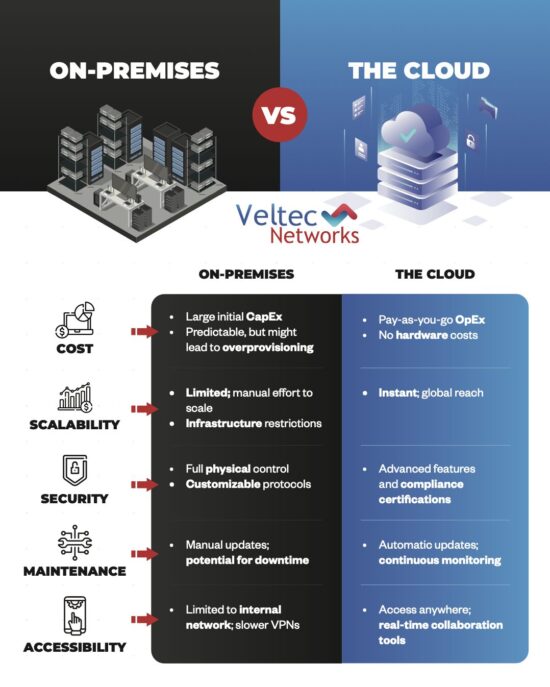 A multitude of data breaches occurred in 2013 due to inadequate security protections. While this is distressing, there are lessons we can learn to prevent this from happening again in 2014.
A multitude of data breaches occurred in 2013 due to inadequate security protections. While this is distressing, there are lessons we can learn to prevent this from happening again in 2014.
LESSONS LEARNED
- Back Up Your Data To Protect Yourself From Ransomware.
Cybercriminals use malware exploits to encrypt your data or lock you out of your PC. They then demand payment in exchange for the decryption key to restore access. Cryptolocker was the biggest ransomware threat of 2013 — Cryptolocker developers acquired $30 million from the collection of ransom fees within a period of 100 days.
Security researchers predict the ransomware trend will migrate to mobile devices in 2014. Many mobile-device users don’t practice basic security measures, making them vulnerable to ransomware.
When it comes to ransomware, data backup is the best way to avoid having to pay ransom fees. If you don’t have a recent backup, you’ll have to pay the ransom or lose your data. This includes the data on your mobile devices.
- Use Strong Passwords
Data breaches in 2013 impacted many users who didn’t follow proper security measures, such as changing their passwords every few months. Living Social, Adobe, and Evernote all experienced major data breaches where tens of millions of user accounts and passwords were compromised.
Many of these data breaches occurred because the stolen passwords were weak or stored in insecure ways. Make sure your passwords are secure by choosing a different password for each of your online accounts. Your passwords should consist of letters, numbers, and symbols to avoid successful hacking attempts. If a cybercriminal gains access to one, at least the rest will be safe.
- Use Caution When Downloading Apps To Prevent Infections From Mobile Malware
Mobile malware will continue to grow at a rapid rate in 2014. According to FortiGuard Labs, 50,000 malicious Android samples were detected in January 2013. A threat called AndroRAT hides Trojan horses in various applications. The RAT (remote application tool) allows the attacker to send SMS text messages from the infected mobile device, direct the device’s browser to a URL, monitor SMS texts and phone calls, or perform a variety of malicious actions to compromise personal information.
The mobile malware threat isn’t limited to personal data theft and adware. There’s a huge concern regarding banking transactions performed on smartphones. Malware, such as FAKEBANK and FAKETOKEN, has been developed to steal financial data from mobile-device users. Avoid financial and personal data theft by using caution while installing apps. Only download applications that are approved by your subscriber or smartphone vendor.
- Ensure Data is Properly Deleted or Encrypted Before Disposing of Computer Devices and Confidential Information
When recycling or selling old computers or hard drives you must ensure all your data is deleted. If the data isn’t erased properly, it can easily be retrieved. In addition, data stored on media must be protected with encryption or a strong password to avoid theft. When disposing of sensitive paper files, shred them first with a crosscut shredder.
Always practice adequate security measures to protect your confidential information. To learn more about safeguarding your data, give us a call at (408) 849-4441 or send us an email at info@veltecnetworks.com.






